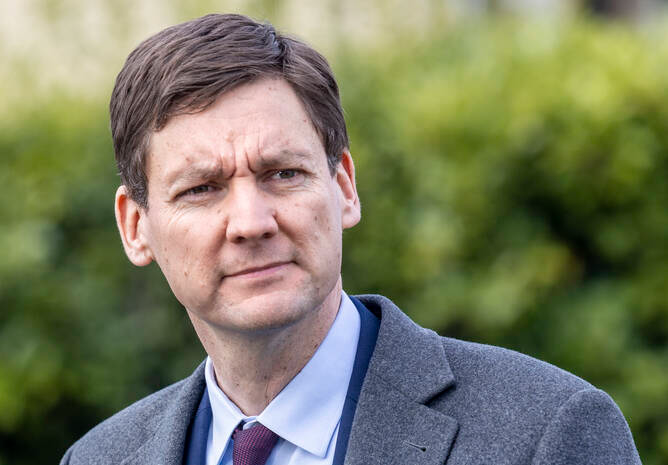Premier David Eby no doubt has mixed views on the announcement by six of his cabinet ministers of their decision not to seek re-election this fall.
On the one hand, he is losing five very capable and reliable lead hands who have been at the cabinet table for seven years and another who served in the House of Commons before jumping into provincial politics.
On the other hand, the departure of the six, as well as the looming retirements of five backbenchers, gives Eby some openings to refresh his team.
The question is, will he replace the departing ministers before the election or, assuming his lead in the polls holds through the campaign and his party reforms government, does he wait until later?
I suspect he will wait.
While promoting an MLA into cabinet certainly elevates their public profile and stature, there are only a few weeks remaining before the actual campaign begins so there is likely not enough time to see a positive impact resulting from a promotion.
And keeping veterans like Rob Fleming, Bruce Ralston, Katrine Conroy, Harry Bains (all first elected in 2005), George Heyman and Murray Rankin in their current portfolios until the election minimizes the chances of any major mistakes being made in the ministries they lead.
A source of comfort and confidence for Eby and his party is that those caucus members not seeking re-election all hold seats that are considered anywhere from “super safe” to “moderately safe” on election day.
Ralston, Conroy, Fleming, Bains, Heyman and Rankin posted wins in the 2020 election where they averaged 60 per cent of the vote, with an average win of 7,000 votes. Rankin had the lowest winning percentage at 51 per cent, but he still won by about 7,400 votes.
The five backbenchers who are leaving — Nick Simons, Katrina Chen, Doug Routley, Fin Donnelly and Jennifer Rice — are also from NDP strongholds. In 2020, they averaged 57 per cent of the vote with an average win of 5,200 votes. Routley had the lowest winning percentage (49 per cent) but still finished 5,000 votes ahead of his nearest competitor.
So, no need for Eby to find so-called “star candidates” to run in these ridings because they are anything but “swing” ridings. Unless the NDP vote almost totally collapses, all these seats being vacated will almost certainly remain in the party fold.
And the departure of a significant number of MLAs will allow Eby, should he win re-election, to truly put his stamp on government in a way he has not been able since inheriting former premier John Horgan’s team.
On a sad note, I see that Bob Williams, one of the most influential politicians in B.C. history, died on the weekend at age 91.
He was intellectually gifted, a visionary who thought outside the box and was also the architect of much of the 1970s NDP government’s policies that remain on the books to this day. He was also a colourful personality who did not suffer fools gladly, even if they were within his own party.
I will have more to say about him (I got to know him well during his time as a deputy minister in the NDP’s government in the 1990s) in a future column but, for now, condolences to Bob’s family.
Keith Baldrey is chief political reporter for Global BC.



